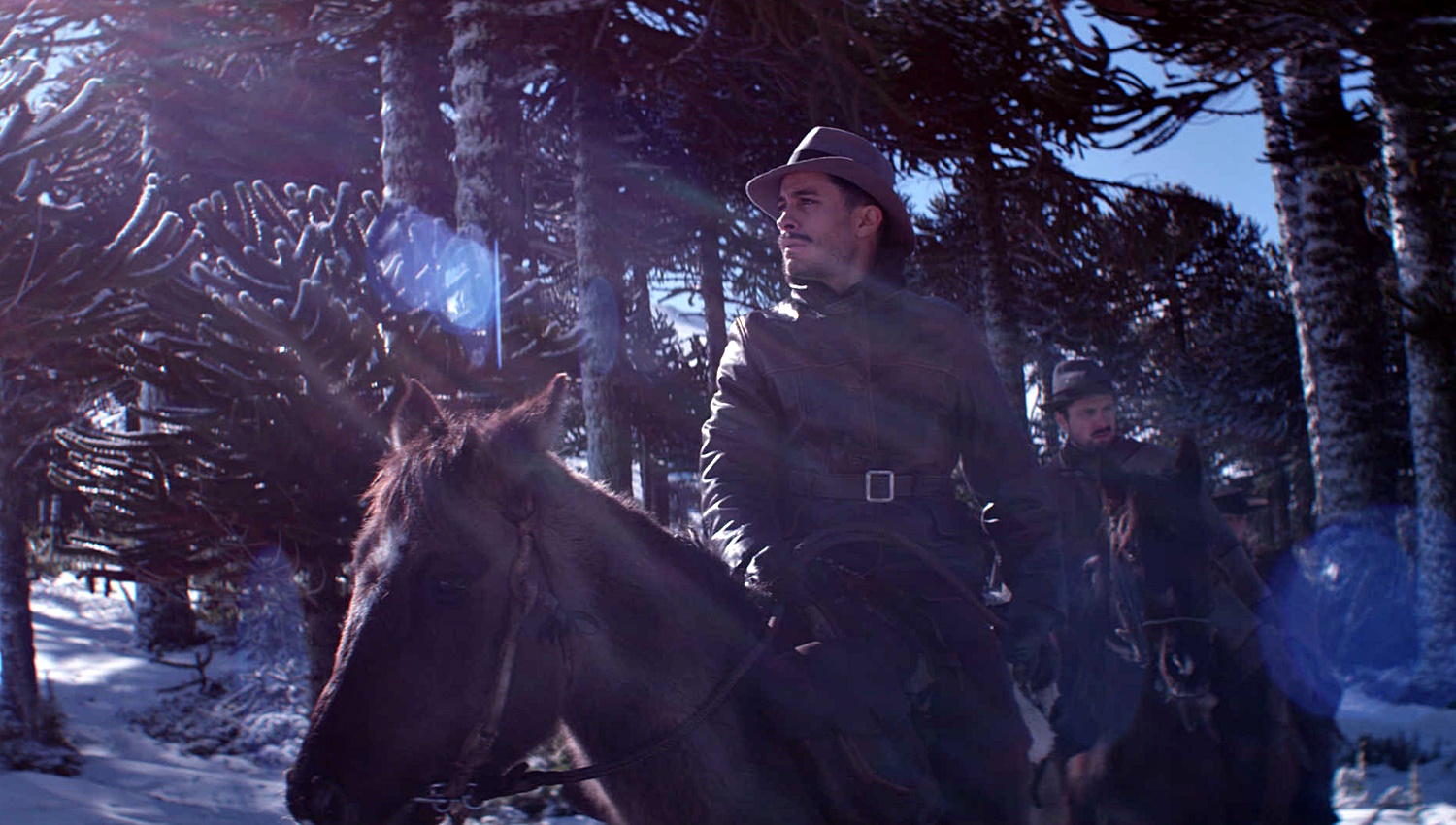
Neruda
Dustin Chase
Chilean filmmaker Pablo Larraín is having quite a year. His first English language film Jackie is garnering lots of awards attention, while Neruda is Chilies’ official entry to the foreign language category at the Academy Awards. Both redefine what a biopic is, but the two couldn’t be more different presentations. If Jackie is Larraín’s version of a horror film (see my review for further explanation), then Neruda would be his idea of a dark comedy. He reteams with magnetic actor Gael García Bernal, whom he worked with on No (2012). What begins as a rather lethargic look into the eccentric life of communist Pablo Neruda, evolves into a nourish cat and mouse thriller that gets inside the viewers head if you have the diligence to see it to conclusion.
From controversial senator in 1948, acclaimed poet and then communist on the run, Pablo Neruda (Gnecco ) was a polarizing figure in Chile. President Gabriel González Videla sends Óscar Peluchonneau (Bernal), one of his most stylish detectives, to hunt down Neruda, who is making his way through the country with the aid of fellow party followers. Neruda captivated people with his poems, called one of the greatest poets of the 20th century in any language, winning the Nobel prize in 1971. Before that he spent weeks on the run, destroying friendships and ruining relationships as the burden of prey for an ambitious detective began to take its toll. His breadcrumb if you will, was always his jokingly long book of poems that helped Peluchonneau get inside his head, or was it the other way around?
If Jackie is Larraín’s version of a horror film, then Neruda would be his idea of a dark comedy.
Bernal’s character narrates the film, mostly in third person. His comments often directly respond to what the characters are saying. For example, Neruda might say, “the police are getting close,”. The narrator would respond, “actually we were lost.” It’s quite a cheeky script once the movie finds it’s rhythm. Unlike his work with Jackie, Larraín has a difficult time sucking the audience into this world he creates, both using history and fantasy. Another element that often sustains the viewer through some of the duller moments is the hilarious ways Neruda hides himself, often in plain sight. Cinematically Neruda is another work of art for Larraín, it just doesn’t rise to the narrative heights of Jackie.
Bernal’s performance, which is not supporting, as his narration constantly repeats, reminds of George Clooney in Steven Soderberg’s The Good German, just more satirical. The Y Tu Mamá También actor has created such a vast filmography of unique roles, making him one of America’s most recognizable and praised international stars. His Peluchonneau is the real highlight here. Almost a silent performance, the narration gives us hilarious insight into his conscious. There are many missed connections, unexplained subtleties, and no doubt losses in translations. However, the closer this film gets to its iconic conclusion, the better it gets.
Final Thought
Moments of brilliance often drowning in more nuance and symbolism than you can process.
